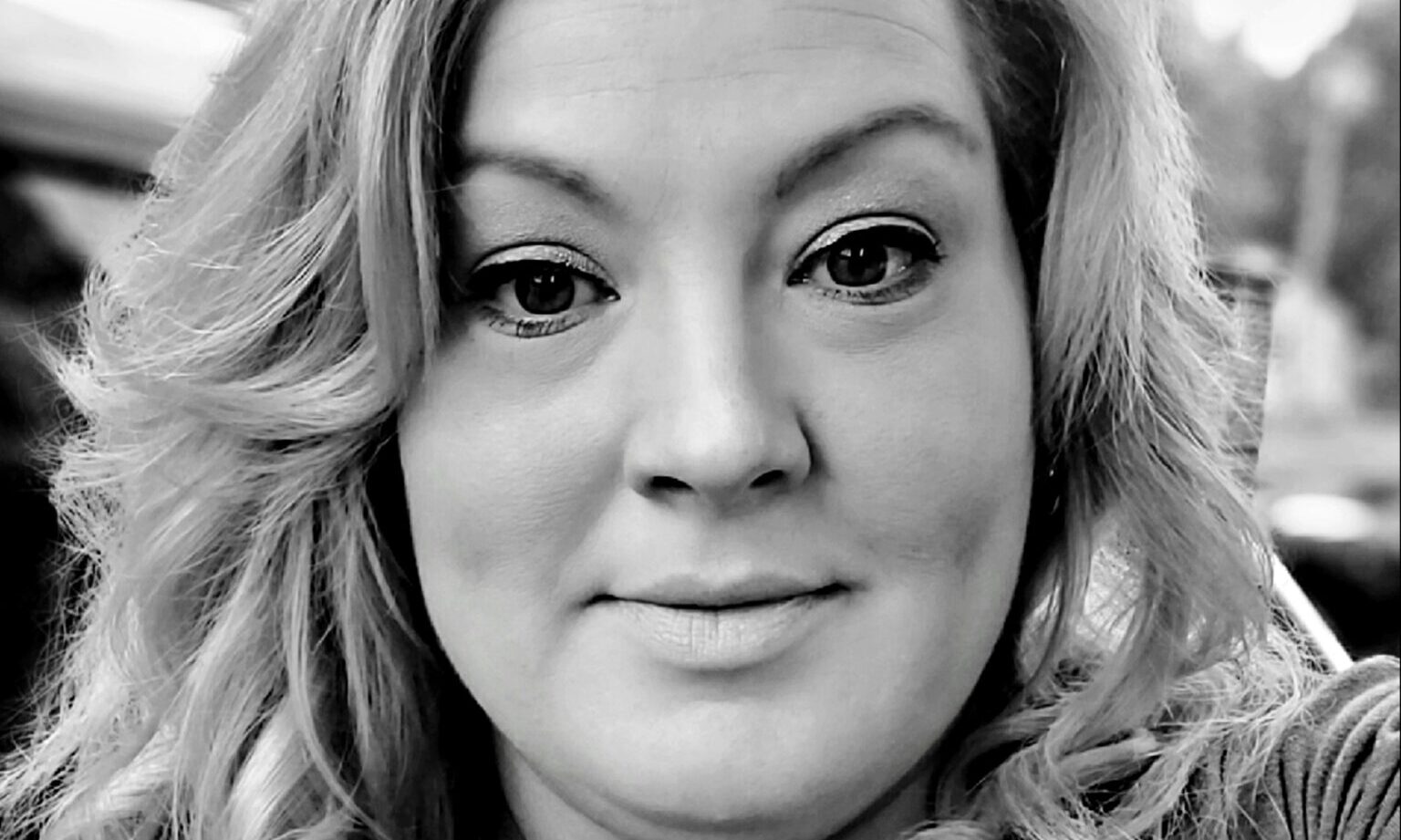
" I hear a lot of sad stories. I read through the sad stories, and I went into social work prepared for those sad stories. Some of them are horrible and you go home and cry because we are human beings, but if I can be the person who makes a difference in one or two kids' lives, then that is my purpose."
When kids enter our residential program, Jeannette Fisher, the admissions and healthcare coordinator at St. Joe’s is the first face they see. Oftentimes, making the transition is scary for them, but she lets them know they are never alone. Jeannette has worked in healthcare for 25 years and has been with St. Joe’s for two years.
Describe what you do in your job.
From the healthcare side, I arrange all medical appointments and communicate with our occupational, physical, and speech therapists. I transport clients to appointments. Keeping up with our records, provide onsite care if kids are feeling ill or have injured themselves. On the admissions side, I deal with state referrals, work with DCBS to arrange admissions. I am typically the first person the kids meet when they enter our residential program. I get them acclimated and talk to them about goals and needs.
When a child enters the residential program, it is common for them to feel anger, sadness, anxiety and fear. How do you help them feel more comfortable?
If they come in angry, I stay calm and try not to overtalk. I give them space. I talk to them calmly and let them know their feelings are valid. A lot of times they are riddled with anxiety and are scared but I ask them if they have any questions. They usually say they don’t, but I also encourage them to let me know when they do so that I come back and talk with them. I let them know that we want them to feel safe here.
Working in child welfare has an emotional component – no matter what type of job you’re doing within the field. What strategies do you use to keep your mental health on track?
I am asked this question often. I hear a lot of sad stories. I read through the sad stories, and I went into social work prepared for those sad stories. Some of them are horrible and you go home and cry because we are human beings, but if I can be the person who makes a difference in one or two kids’ lives, then that is my purpose. Since working here, I’ve had a handful of kids say, ‘I really am glad I came here and met people like you, and I wouldn’t know how to move forward if it wasn’t for St. Joe’s.’ This is why I am in this job.
Why St. Joe’s and what keeps you here?
I have only worked with kids. This is the only job I’ve ever had where I can be a social worker and a nurse. I am also not confined to a desk all day which is good for me because I am not a good sitter. It is the passion and drive and wanting to be the safe person or maybe the person who made a kid smile. That is my goal at the end of the day.
What made you choose this field and particularly child welfare?
I had a hard life at times growing up, and I feel like our dynamics, personality traits, and how we feel about ourselves are established in early childhood. If we all did just a little bit better in that area, just think of the amazing adults we would be one day.
What makes you smile when you are at work?
Interacting with kids. And I have an awesome coworker. I think our management team is excellent. I like that our CEO knows my name. You see them and they talk to the children. I don’t get to take the kids on outings very often, but I try to help when I can. Once, Taylor and I took a couple of girls out to get their nails done, and we don’t think about this very often but one of the girls had tears in her eyes and we asked, ‘what’s wrong?’ She said, ‘I’ve never had my nails done.’ You don’t think about those very small things. Some of these kids have had traumatic histories …. our job is to figure out how we can meet their needs to help them flourish. P.S. Interested in joining the St. Joe’s family? Apply for one of these positions and help us make a difference in the lives of our St. Joe’s kids. This post was supported by funds made available by the Kentucky Department for Public Health’s Office of Health Equity from the Centers for Disease Control and Prevention, National Center for STLT Public Health Infrastructure and Workforce, under RFA-OT21-2103. The content of this post are those of the authors and do not necessarily represent the official position of or endorsement by the Kentucky Department for Public Health or the Centers for Disease Control and Prevention.
